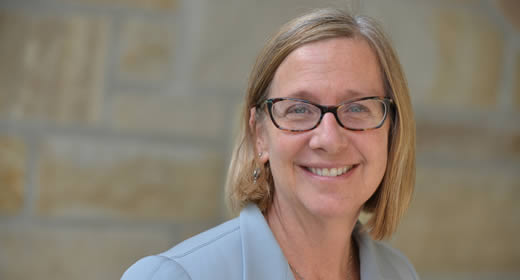
A journal article "Knowledge and attitudes regarding the U.S. Preventive Services Task Force and guidelines for clinical prevention services: results from a national survey," by Paula M. Lantz, W. Douglas Evans, Holly Mead, Carmen Alvarez, and Lisa Stewart, was published in the Milbank Quarterly, Volume 94, Issue 1, 2016.
Context and findings:
Both the underuse and overuse of clinical preventive services are a serious public health problem. The goal of our study was to produce population-based national data that could assist in the design of communication strategies to increase knowledge of and positive attitudes toward evidence-based guidelines for clinical preventive services (including the U.S. Preventive Services Task Force, USPSTF) and to reduce uncertainty among patients when guidelines change or are controversial.
While 36.4 percent of adults reported knowing that the Affordable Care Act requires insurance companies to cover proven preventive services without cost sharing, only 7.7 percent had heard of the USPSTF. Approximately 1 in 3 (32.6 percent) reported trusting that a government task force would make fair guidelines for preventive services, and 38.2 percent believed that the government uses guidelines to ration health care. Most of the respondents endorsed the notion that research/scientific evidence and expert medical opinion are important for the creation of guidelines and that clinicians should follow guidelines based on evidence. But when presented with patient vignettes in which a physician made a guideline-based recommendation against a cancer-screening test, less than 10 percent believed that this recommendation alone, without further dialogue and/or the patient’s own research, was sufficient to make such a decision.
To learn more, read "Knowledge and attitudes regarding the U.S. Preventive Services Task Force and guidelines for clinical prevention services: results from a national survey." For questions, contact Paula Lantz